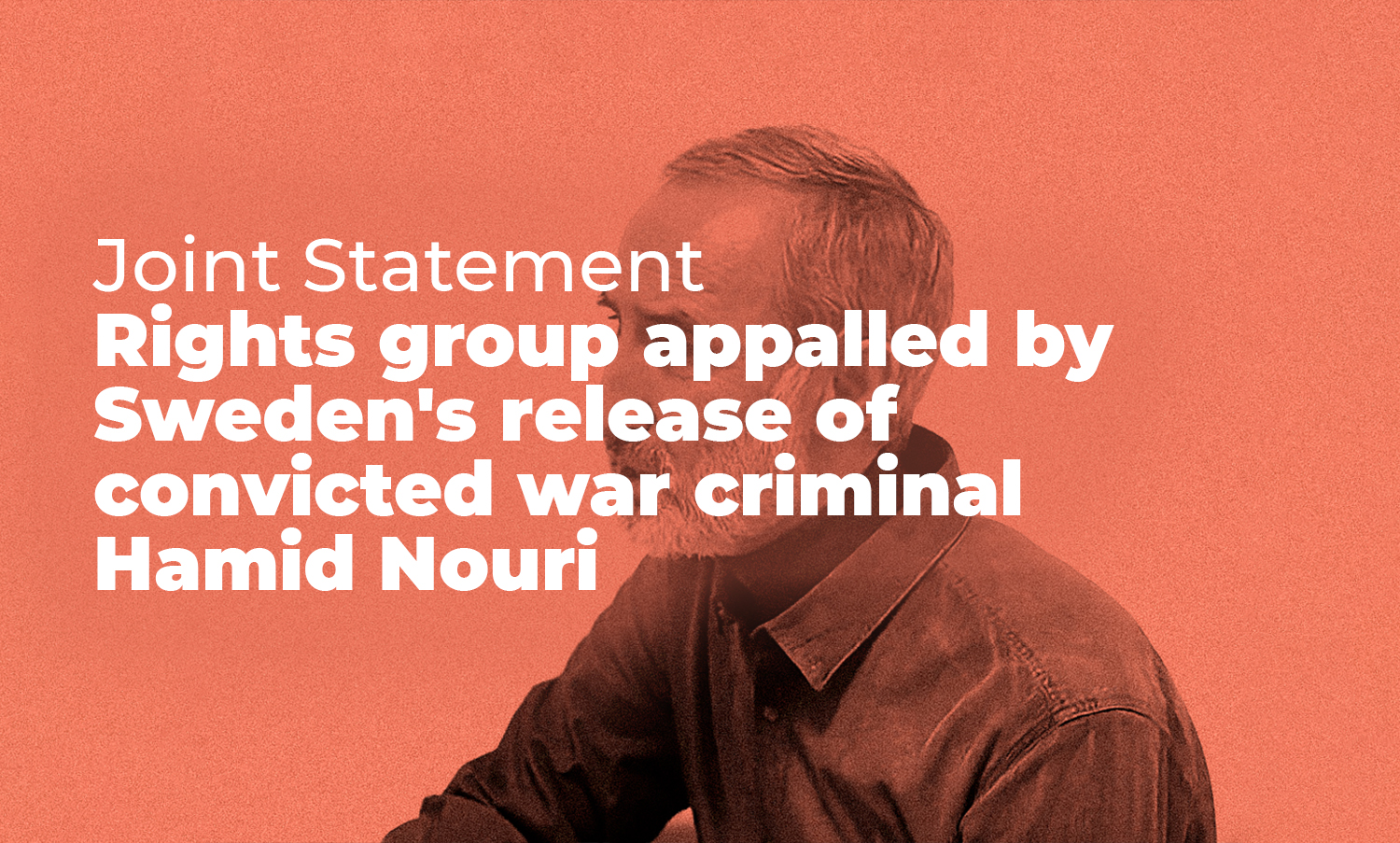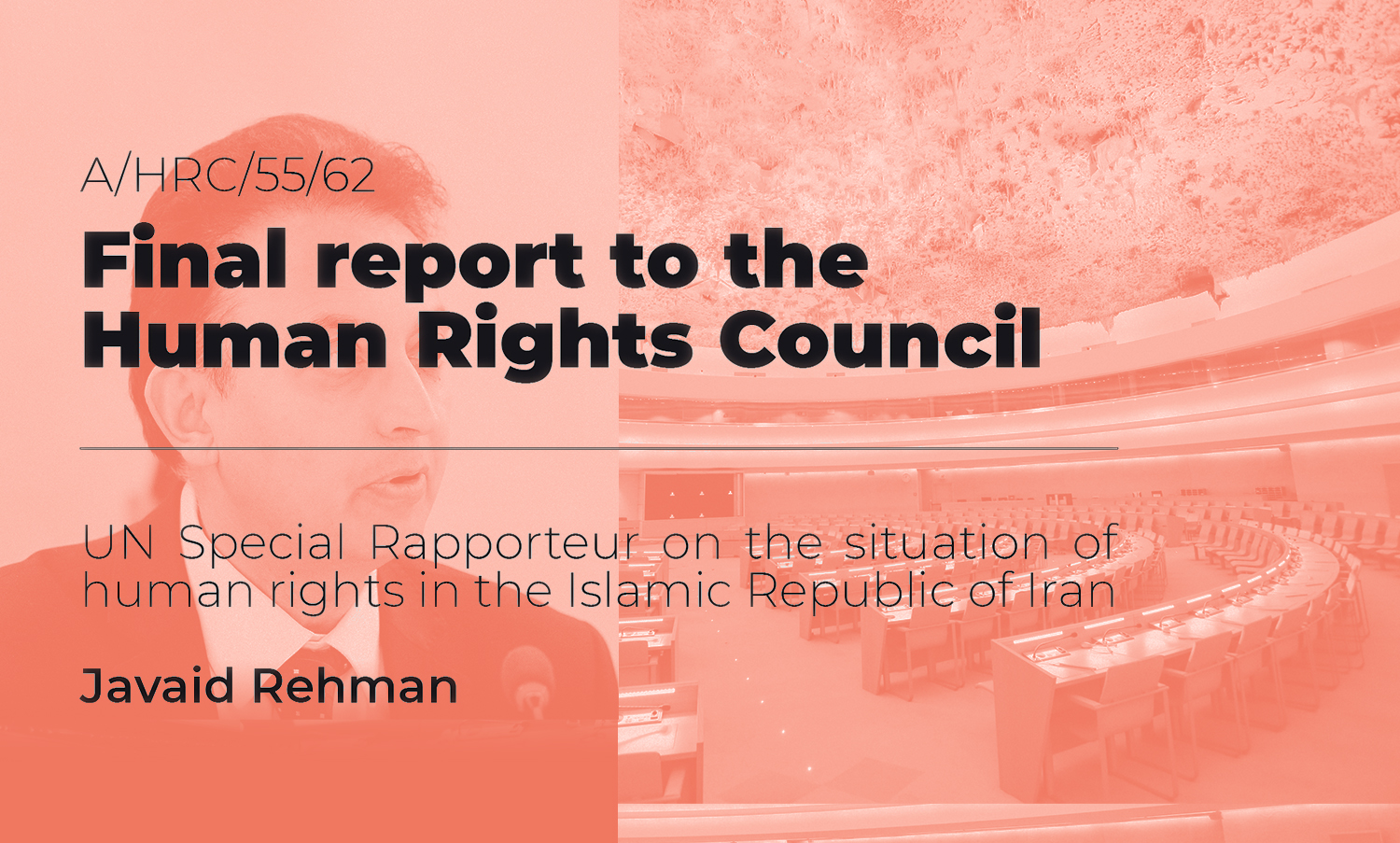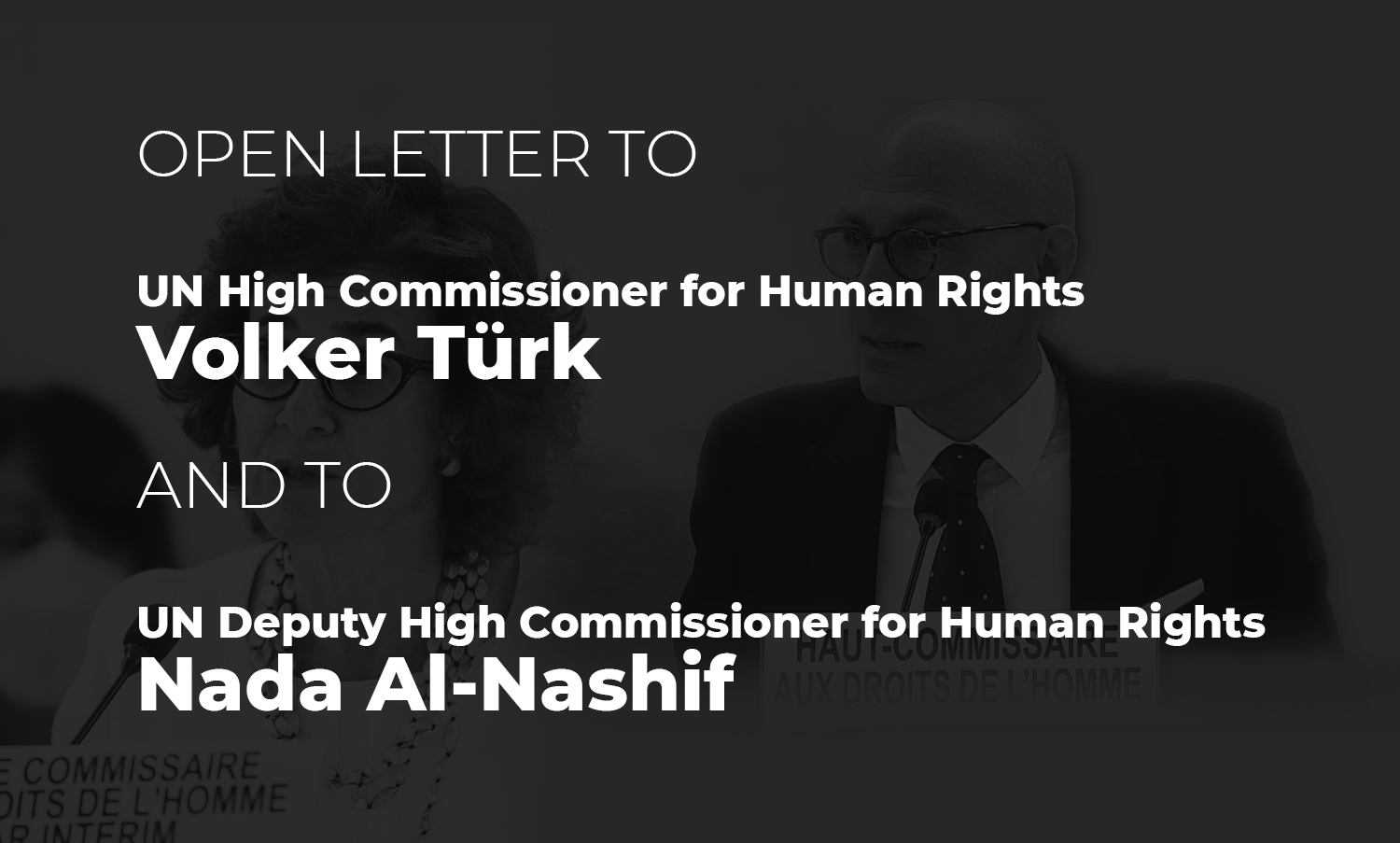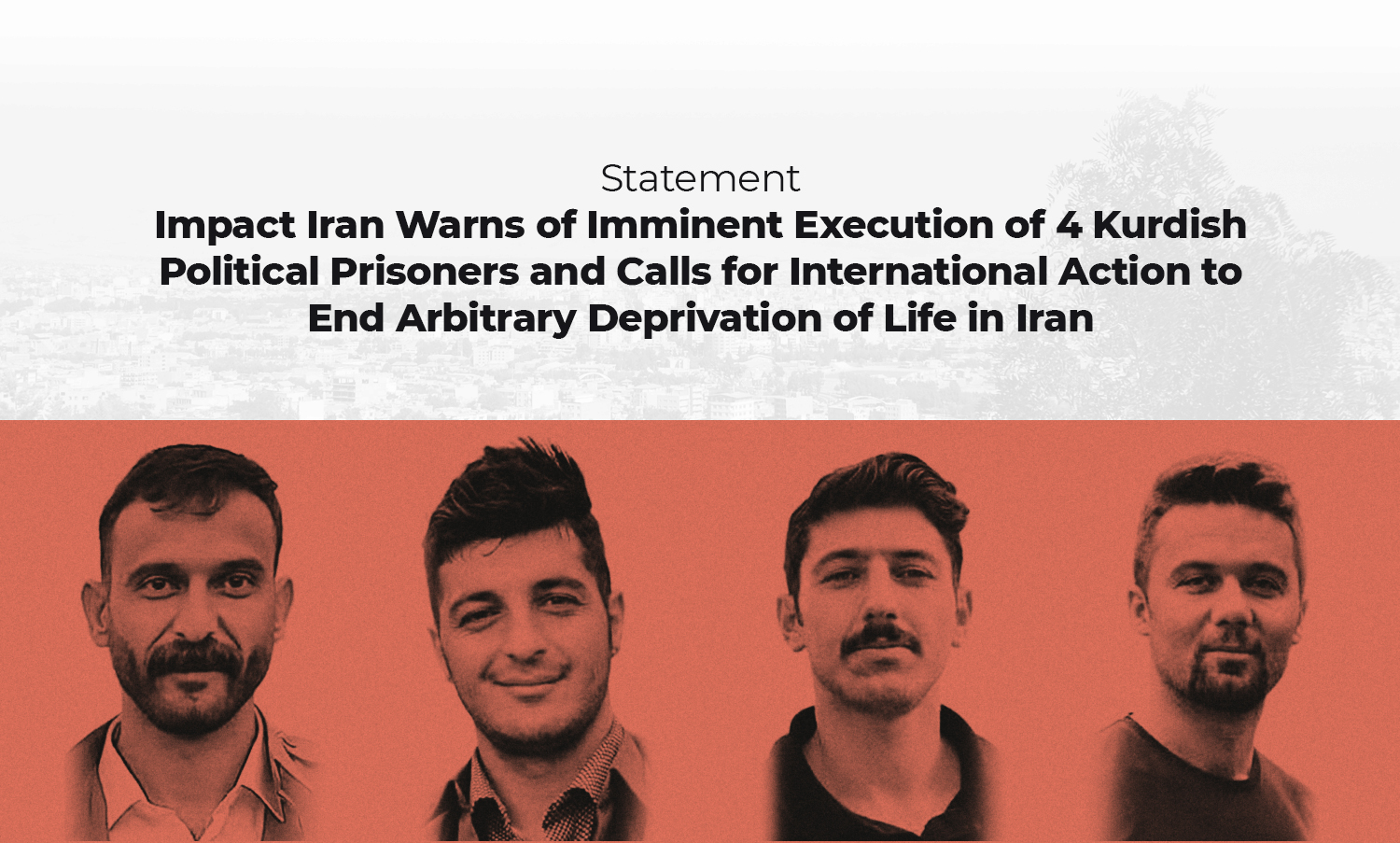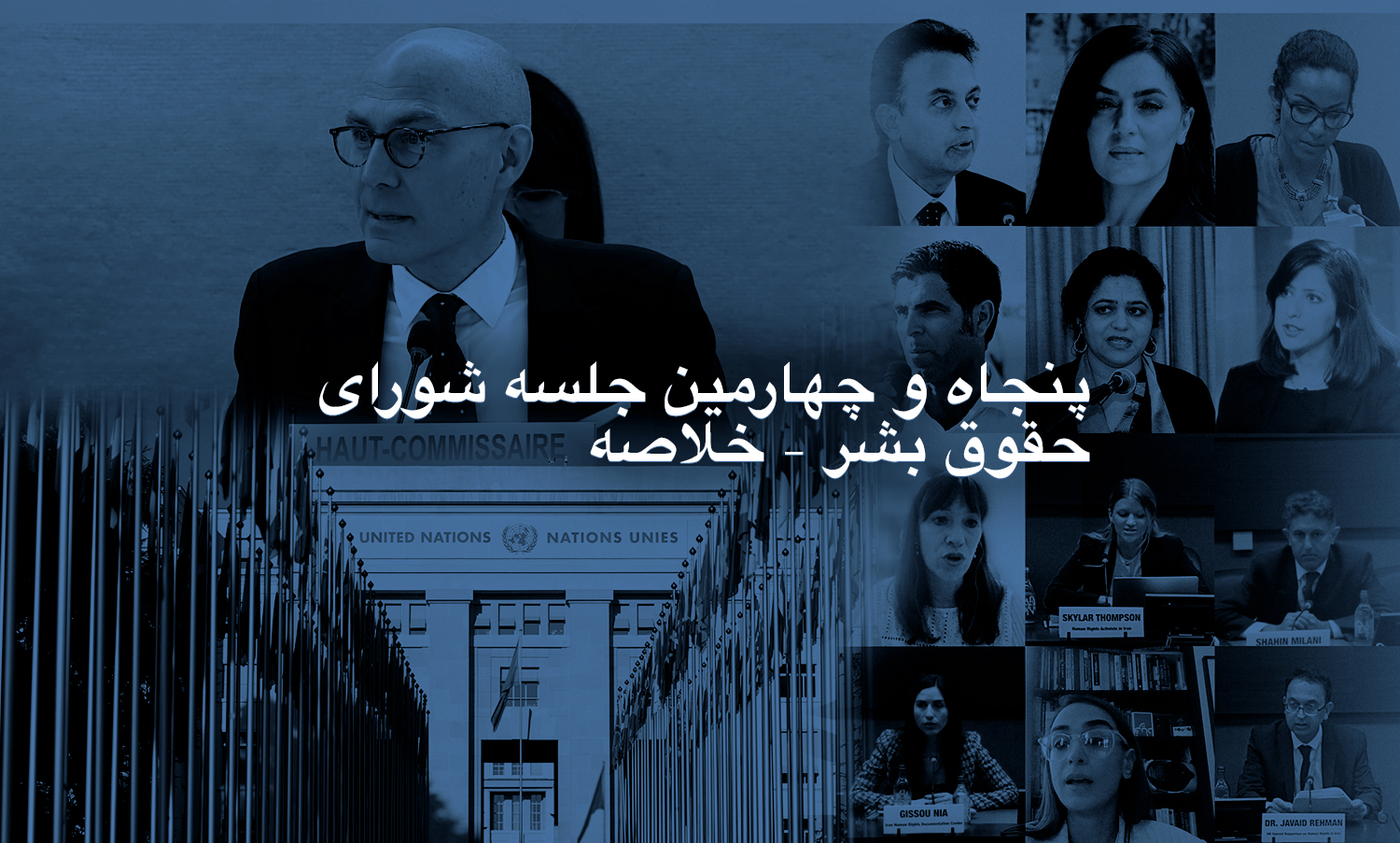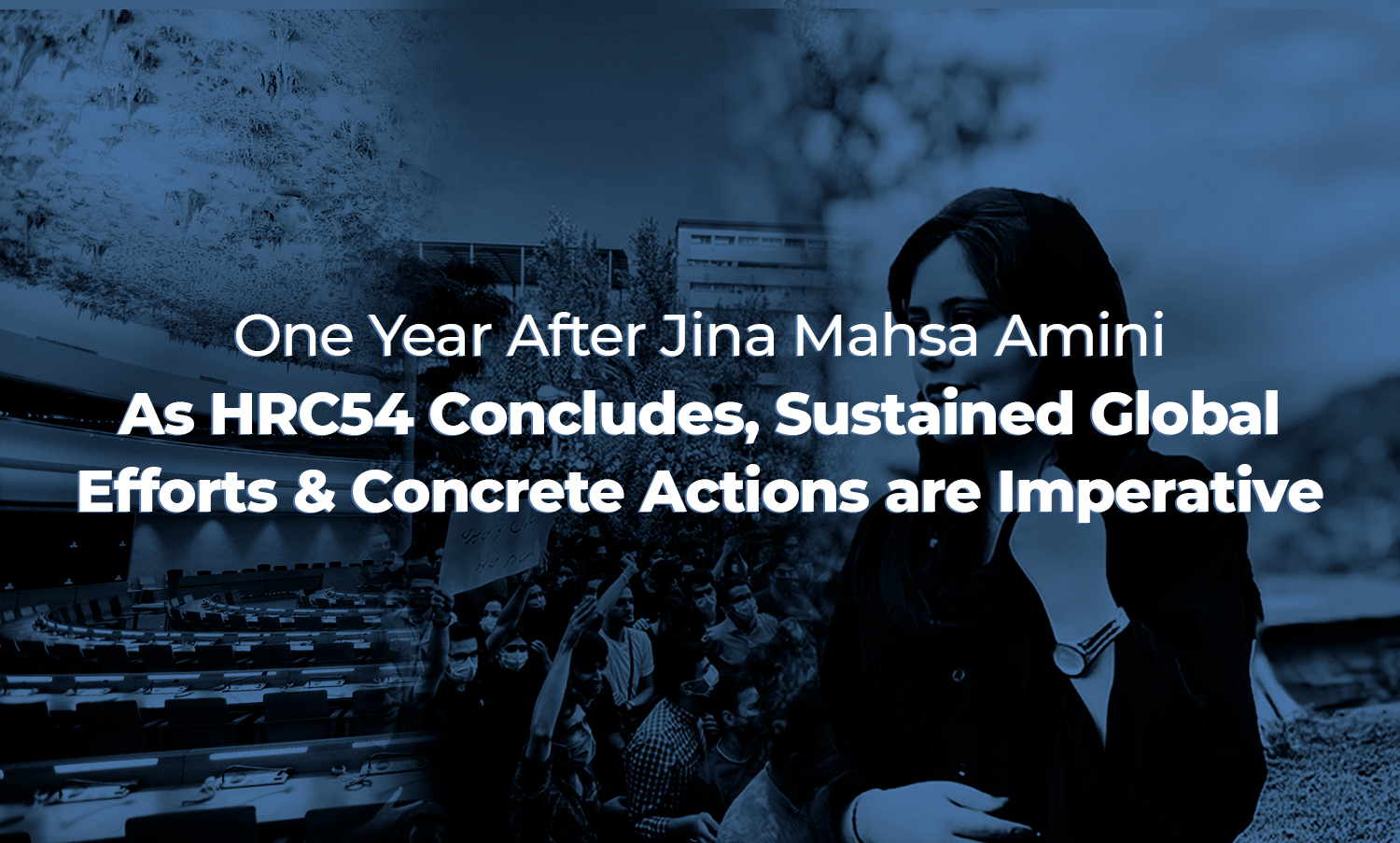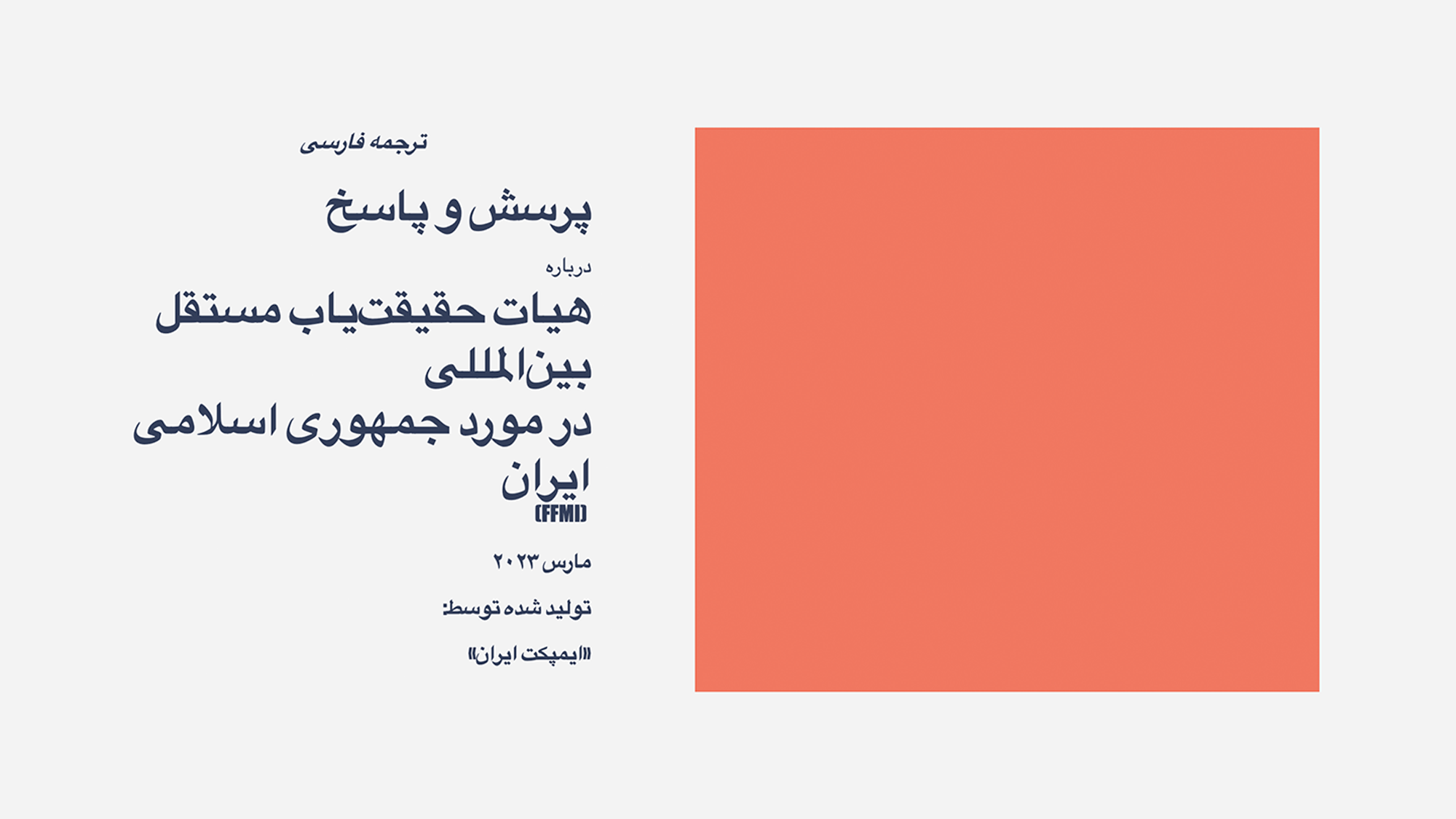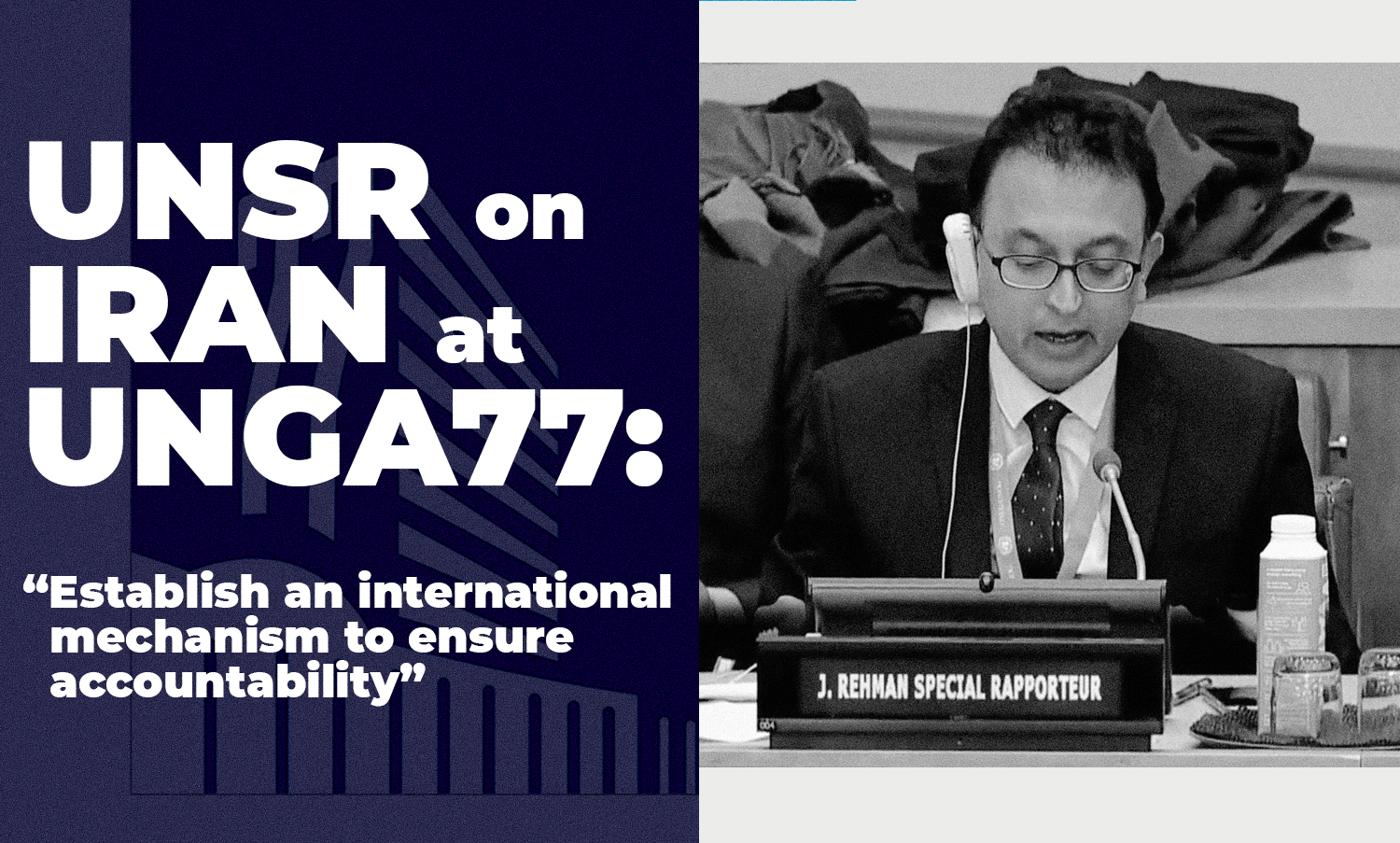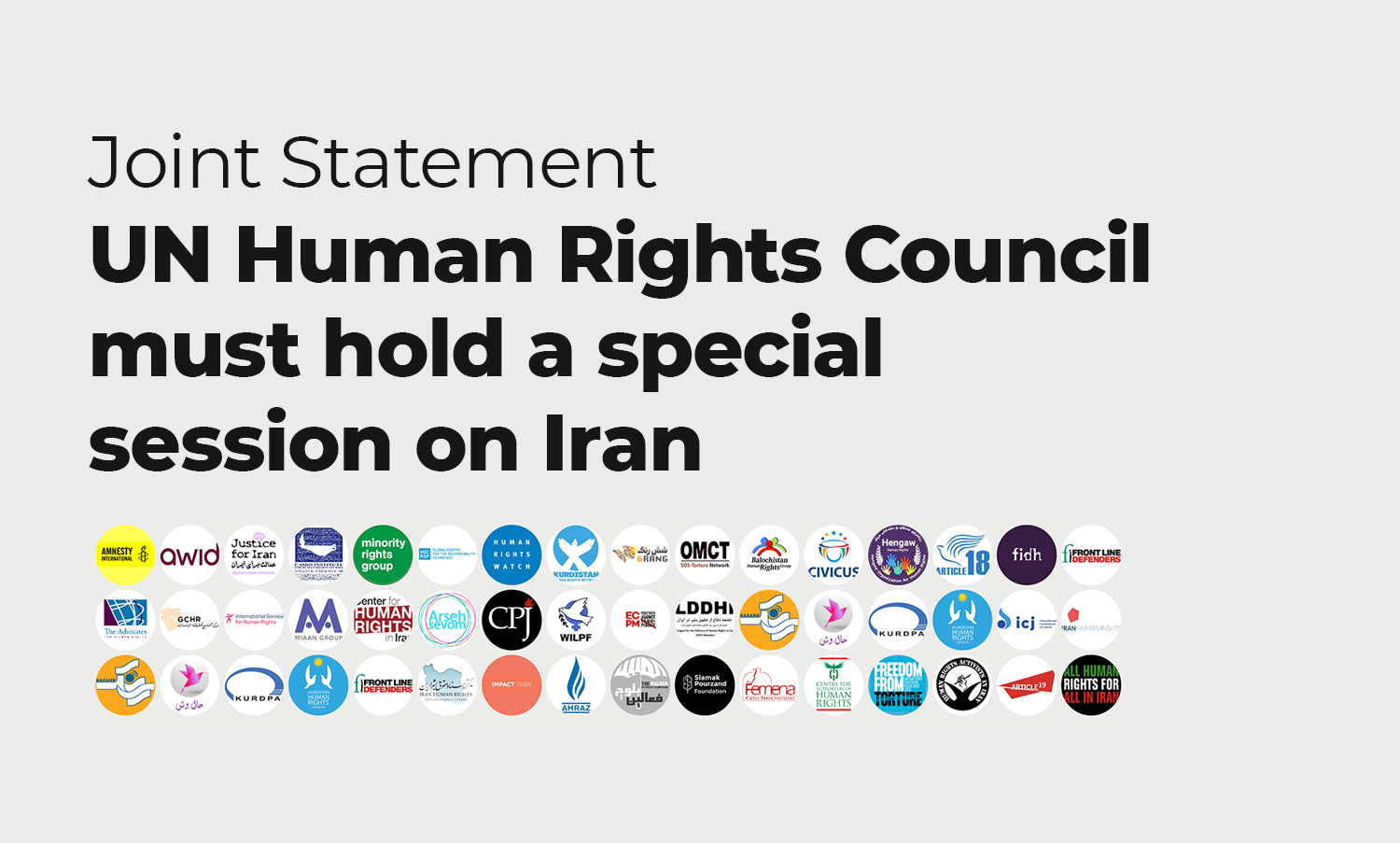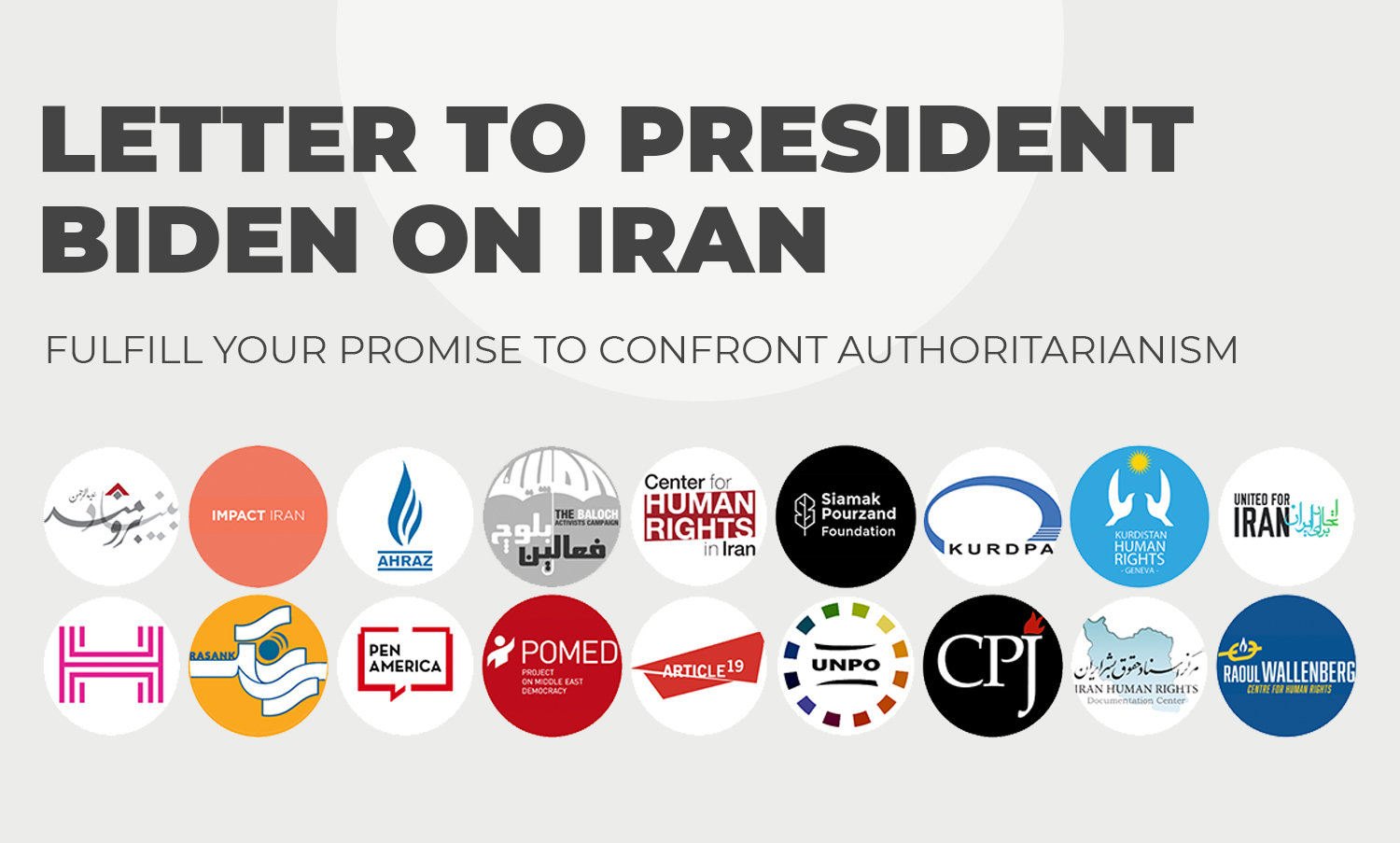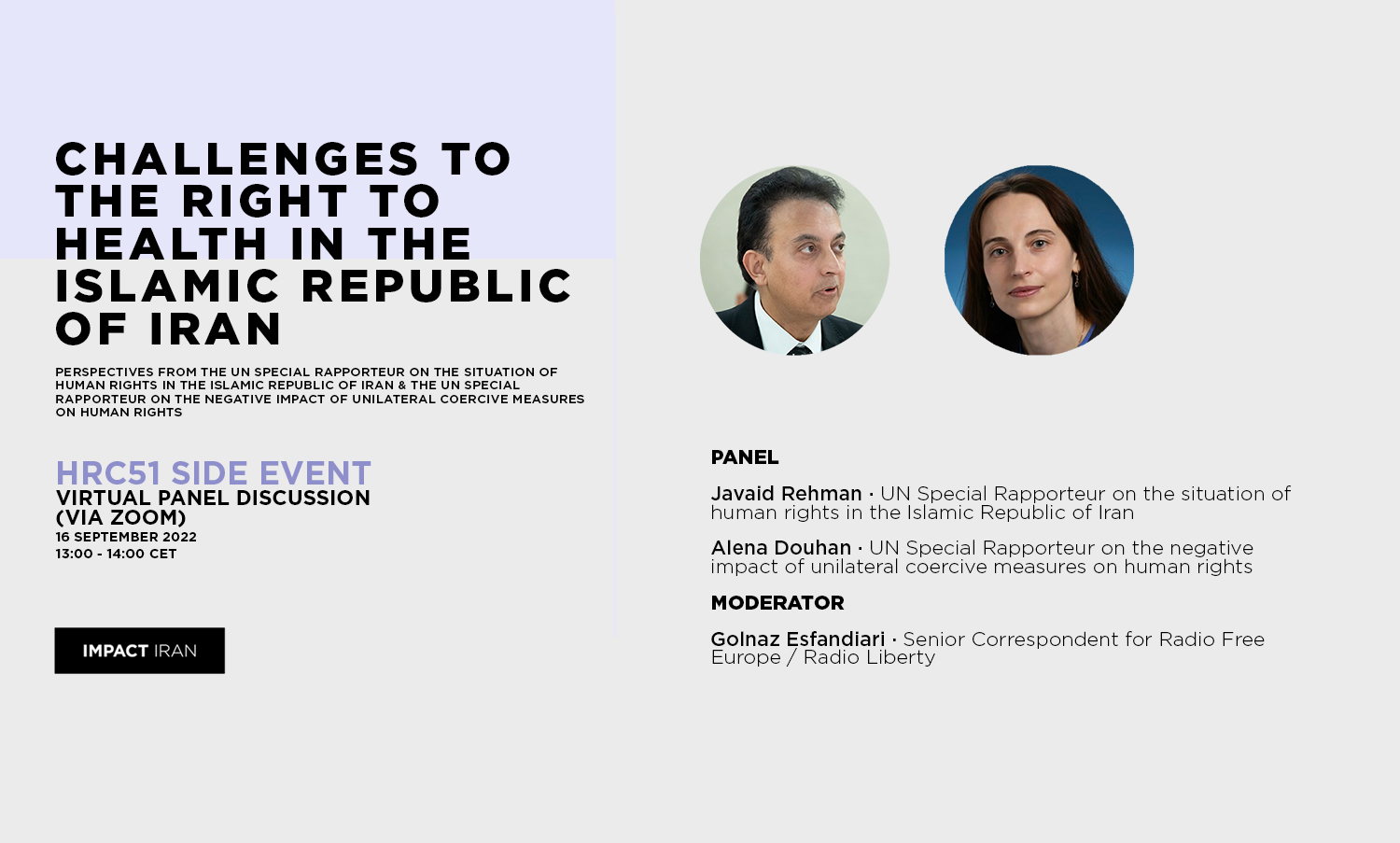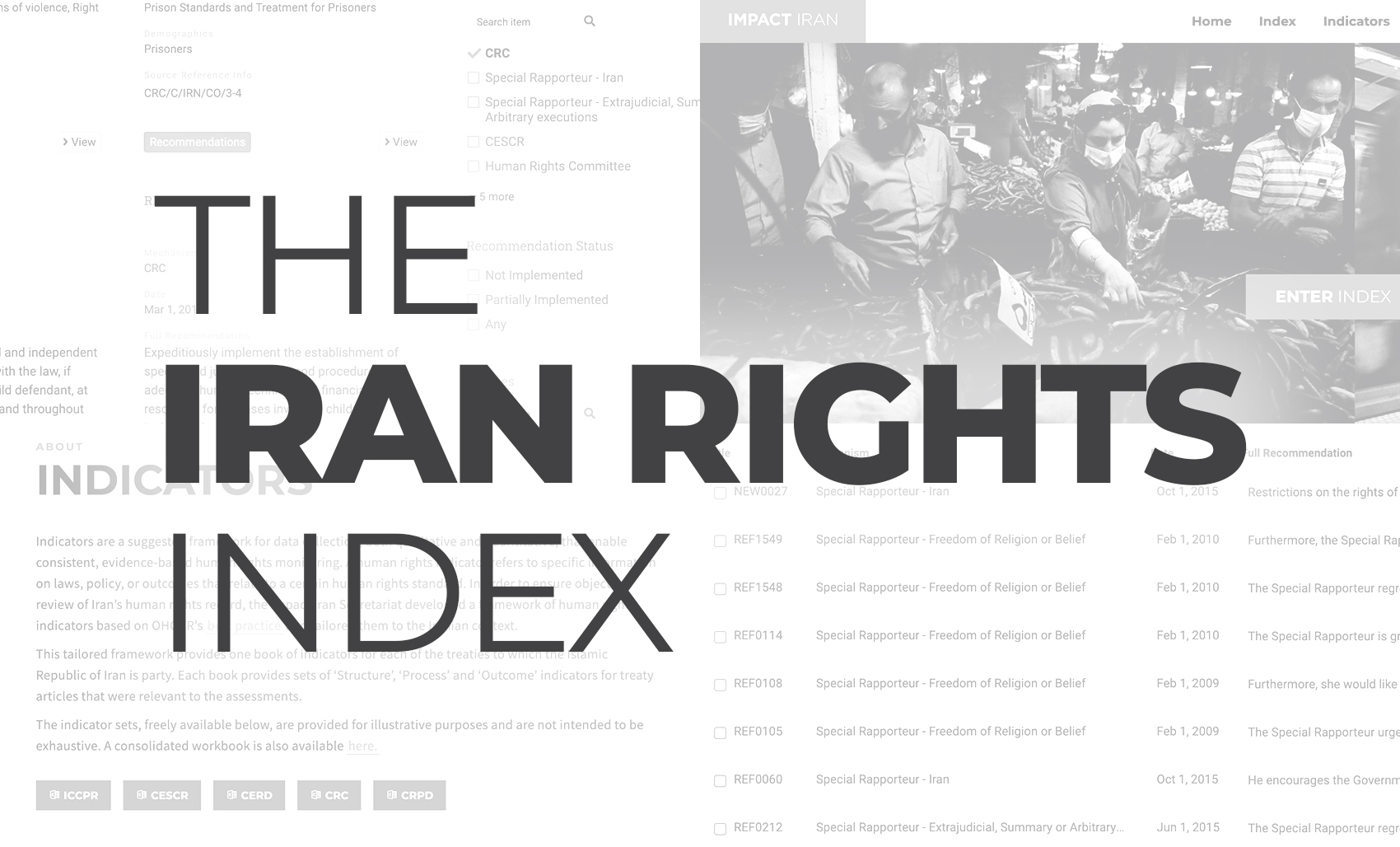Visual: Iran’s Political Power Structures
Supreme Leader
At the top of the pyramid structure of government is the Supreme Leader of the revolution, a man and cleric selected by the Majlis Khobregan (Assembly of Experts). The Supreme Leader, the faqih, has absolute power over the total system. Specifically, he oversees the armed and security forces and the media and intervenes in legislative, executive, and judicial matters of state when appropriate. The Supreme Leader’s influence extends to his power of appointment among the oversight bodies, including the head of the judiciary and the Guardian Council, among others.
Expendiency Council
The Expendiency Council (or Expediency Discernment Council) is an expert council advising the Supreme Leader in all policy areas. It is also charged with arbitrating between the parliament and the Guardian Council. When the Guardian Council vetoes a piece of legislation, the parliament may decide with a ⅔ majority to send the legislative draft to the Expediency Council. The Council may then decide to pass the law in the version as adopted by the parliament, or with the changes demanded by the Guardian Council, or in yet another version. Supreme Council of the Cultural Revolution
The Supreme Council of the Cultural Revolution was first established in 1980 by then Supreme Leader Ayatollah Khomeini, to set “the overall guidelines for universities based on Islamic culture and principles.” Khomeini established the Supreme Council as an independent body under the direct supervision of the Supreme Leader, meaning that its decisions are as effective as laws without the need for approval by another body, such as the Guardian Council or the Majles. Under Ali Khamenei’s rule, the Supreme Council took on a broader mandate to become the main regulating power of Islamic cultural norms and morality.
Supreme National Security Council
The Supreme National Security Council has three responsibilities:
1) determining national security policies,
2) ensuring that domestic policies align with national security policies, and
3) coordinating resources to defend Iran from external and internal threats.
The body’s deliberations shape the policy recommendations for the Supreme Leader’s office. All Council’s decisions must be confirmed by the Supreme Leader. The Council has 12 permanent members, including 10 members holding military, political, religious or ministerial positions, and two representatives of the Supreme Leader. A 13th position can be filled by a minister relevant to a topic under debate. The President nominally presides over the Council.
Assembly of Experts
The Assembly of Experts is comprised of 86 high-ranking clerics popularly elected for an eight-year term after the vetting process imposed through the Guardian Council. The assembly has a leadership council and six committees. The Iranian constitution defines the assembly’s tasks as the following:
1) Selecting the supreme leader
2) Dismissing him if he is unable to perform his constitutional duties or it becomes known that he did not possess some of the initial qualifications such as “social and political wisdom, prudence, courage, administrative facilities and adequate capability for leadership”
3) Supervising the supreme leader’s capabilities to determine whether he is able to perform his duties.
President
After the Supreme Leader, the president holds the second-highest position in Iran. Before assuming office, the president must obtain official approval from the Supreme Leader, administered through the Parliament. The Supreme Leader possesses the authority to dismiss the elected president in case of impeachment by Parliament or if the president is found guilty of a constitutional violation by the Supreme Court. The president is responsible for implementing decrees and is accountable to the Supreme Leader, who serves as the country’s head of state. The President and members of parliament and the local and municipal councils are elected from candidates approved by the Guardian Council. The president and the parliament are elected through universal suffrage every four years, with the president’s tenure limited to two terms. The Guardian Council must approve any legislation passed by the parliament, but the Expediency Council can overturn any Guardian Council decision.
Parliament
The President and members of parliament and the local and municipal councils are elected from candidates approved by the Guardian Council. The president and the parliament are elected through universal suffrage every four years, with the president’s tenure limited to two terms. The Guardian Council must approve any legislation passed by the parliament, but the Expediency Council can overturn any Guardian Council decision.
Armed Forces
The General Staff of the Iranian Armed Forces oversees all branches of the armed forces. The Ministry of Defense and Armed Forces Logistics is responsible for logistical planning and funding of the armed forces but does not engage in operational military command in the field. The Supreme Leader assumes the role of commander-in-chief for the armed forces.
IRGC
The Iranian Revolutionary Guard Corps was founded pursuant to a decree issued by Ayatollah Khomeini shortly after the 1979 Islamic Revolution, serving as one of the nascent state’s security instruments to counter existential threats. As “guards” of the newly established IRI, the IRGC’s primary duties were to protect national borders, ensure national security, and neutralize political opponents, separatists, and other “morally corrupt” individuals. Today, the IRGC has evolved well beyond its original foundation into a sprawling socio-political-economic conglomerate whose influence extends into virtually every corner of Iran’s everyday life.
Basij
Basij is a Persian word meaning “mobilization.” The group’s complete name, Sazeman-e Basij-e Mostazafan, means “Organization for the Mobilization of the Oppressed.” From a loosely organized revolutionary institution at the beginning of the 80s, the Basij Forces became a fully integrated security force within the Islamic Republic’s law enforcement apparatus.
Guardian Council
The Guardian Council comprises six senior clerics appointed by the Supreme Leader and six nonclerical laymen nominated by the judiciary responsible for approving the Islamic credentials of election candidates and assessing the Islamic and constitutional compatibility of the laws passed by the Majlis (parliament).
